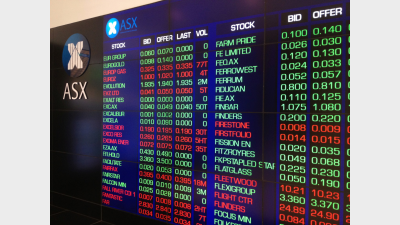Unintended consequences in amendments
The Federal Government has introduced legislation aimed at reducing the risks for superannuation funds that are investing using limited recourse loans.
Townsends Lawyers said that the Superannuation Industry (Supervision) Amendment Bill 2010 would make it more difficult to invest in shares, since investors would only be able to borrow to acquire a 'single acquirable asset'.
"The Government apparently saw potential for increased risk to super funds where the fund acquired multiple assets with the loan, thereby giving the lender the right to select among those assets for the one against which to exercise the security," the business and corporate law firm stated.
"The definition of 'acquirable asset' will make it impossible to borrow to invest in a mixed parcel of listed shares unless each separate company's shares in the parcel are the subject of a separate borrowing, or the investment is through another vehicle (asset) that can fall within the definition, such as a managed fund."
The new laws also mean that any refinancing of a loan, including any outstanding interest, will have to comply. The complying loan can also be used to pay for expenses incurred in connection with the borrowing or acquisition of the asset, such as conveyancing fees, stamp duty, brokerage or loan establishment fees.
Under the new legislation, personal guarantees will not be banned, but the right of indemnity by the guarantor against the fund will be limited to the acquirable asset.
The Bill will only apply to limited recourse borrowing arrangements entered into on or after the commencement date.
Recommended for you
The Your Future, Your Super scheme and RG 97 may be directing capital away from more productive uses and discouraging active investment strategies, says the independent MP.
SuperRatings has shared the top 10 balanced options of the last financial year.
Rest Super remains “fully committed” to equities, even as it anticipates higher market volatility than experienced in previous decades.
Australian superannuation funds have again generated strong returns for FY25, with the median growth fund returning 10.5 per cent for the year, according to Chant West.











